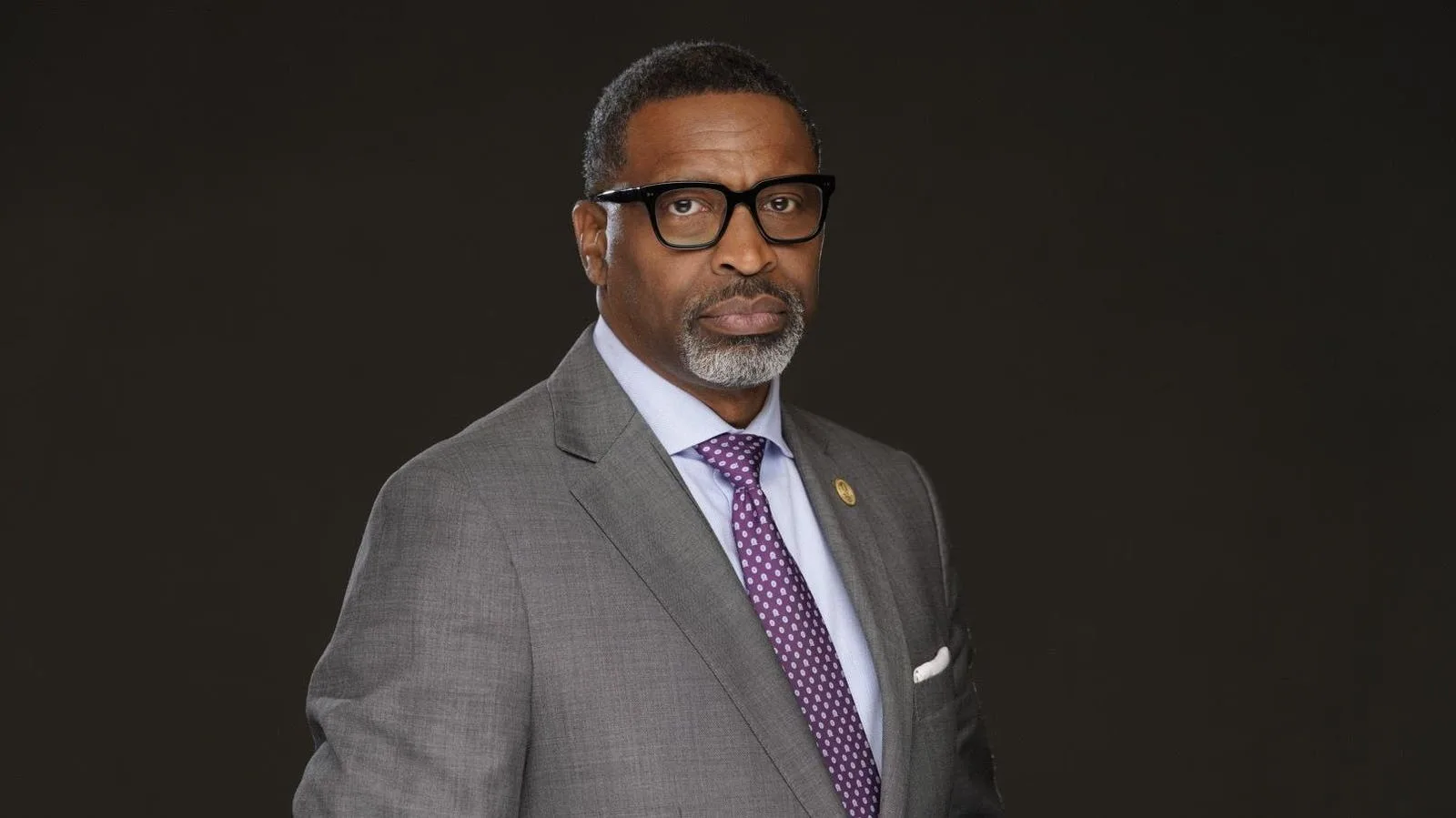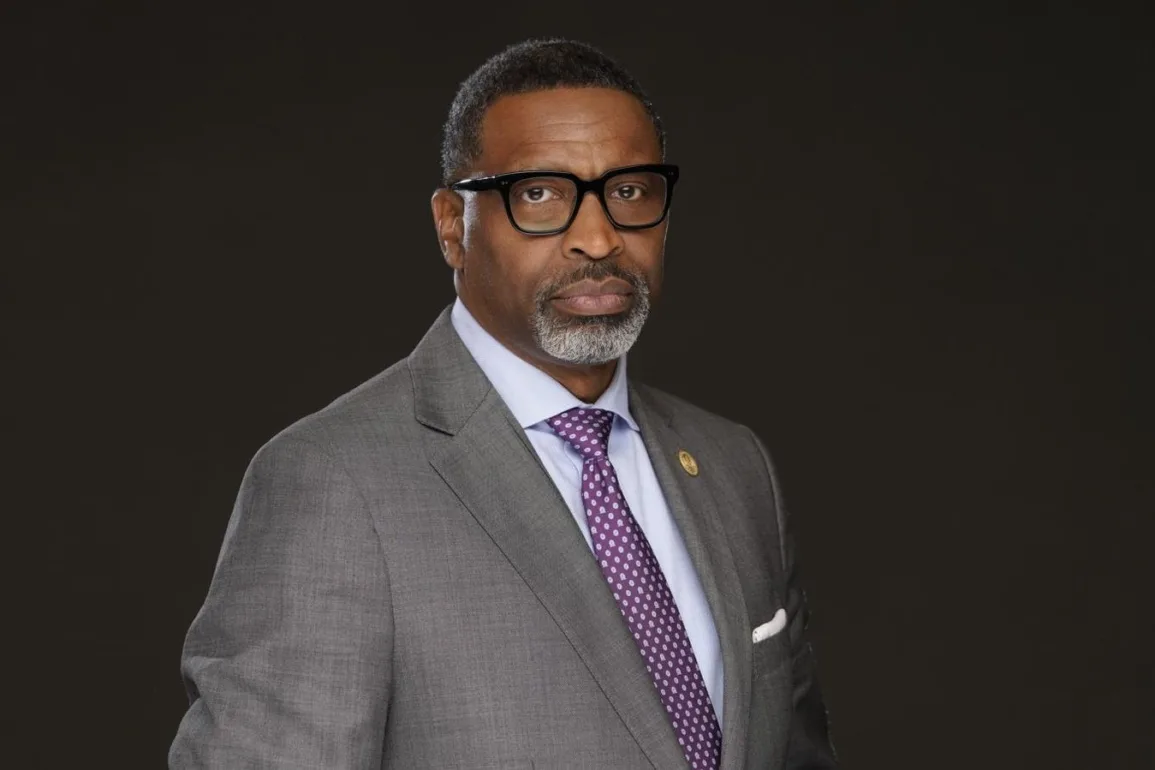
Black people in The United States have a complex history. Some enslaved people had to pick cotton from sunrise to sundown— or until they dropped dead. Others worked inside homes of masters and were taken advantage of frequently. Some people jumped off of ships or even threw their children overboard on their way to The United States. Now, the effects of slavery still affect Black people. From colorism to classism, there is so much bias towards Black people that is rooted in stereotypes and harm from the colonial era. We have had to fight for our right to exist, and for many of us that is still the case.
Sadly, the passion companies and individuals had for DEI in 2020 faded within a matter of months. It shouldn’t take a Black man being choked to death to get Americans to care about racism. Many leaders didn’t and still don’t realize that getting involved in civil rights can benefit their company and employees. NAACP president and CEO Derrick Johnson wants leaders to know that focusing more on civil rights can help their companies grow and thrive.
“The business of civil rights is making sure we are listening to the needs and interests of a very dynamic, diverse Black community,” Johnson told me. Like many Black professionals, Johnson is continuing a legacy of Black excellence. “The experience of African Americans in this country from decade to decade has shown when provided opportunity, a path for opportunity was fought for. You have success stories unlike any other community,” he said. Here’s how getting into the business of civil rights can help your company according to NAACP president and CEO Derrick Johnson.
Expand Your Audience
Johnson comes from a long line of NAACP presidents, all of whom made major changes for Black people in this country. From a business perspective, non-Black executive leadership may be wondering how they can expand their reach to Black consumers. From boosting SEO with hashtags to running ads, there are so many ways to reach a wider audience. If you want to show support for Black people and our history, care about us beyond Black History Month. Twenty eight days can’t encapsulate the importance of Black history and perseverance.
Know that listening every day is one of the most important parts of non-performative allyship, but so is expanding your audience to Black people when you are in leadership position. And not just when a Black person is killed by police. Not just when a Black female is elected as the vice president of The United States. When historical events occur, whether positive or negative, people suddenly come out of the woodwork to show allyship for Black people for a few weeks. Then, the news cycle moves onto something else that will get more clicks.
That level of performative allyship is even more noticeable during Black History Month. February is not a time to prove you’re an ally on social media. It’s important to advocate for and listen to Black people outside of a designated month. Some companies post about the adversity Black historical figures had to overcome only during February. Black people are so much more than our pain, suffering, and intergenerational trauma. Focusing on and highlighting problems in Black communities for a select time period is very problematic. Expanding your audience takes more than Black History Month merchandise and posts. It involves actually getting to know Black people and business owners from all walks of life.
Diversify Your Workforce
Despite push back against DEI many Black professionals refuse to stop talking about racism– and that includes racism in professional settings. In corporate America Black people are often treated like a monolith. Black executives and professionals should not be expected to speak on behalf of all Black people. Understanding that is a crucial part of diversifying your company. “Recognize African American culture has been on the cutting edge of influencing American culture. It’s important for corporate America to recognize that we are a diverse community. Having someone Black doesn’t mean that you represent all of the Black community,” he told me.
“Organizations particularly seek publicly traded companies to add value or shareholder value. You cannot do that if you are not maximizing your market share and tapping into new markets and demographics. Over the last several years it became very evident that the decision makers around some corporate tables are making bad decisions because they were tone deaf to the cultural nuances within the African American community. It’s important for corporate America to recognize that we are a diverse community. Having someone Black doesn’t mean that you represent all of the Black community,” Johnson said.
Build Long Term Relationships
Getting involved with civil rights organizations and civil rights work can lead to the development of life-long professional relationships. And Johnson is no stranger to building relationships with companies and their leaders– and neither is the NAACP. Some of the NAACP’s partners include J.P. Morgan, Wells Fargo, and Delta Air Lines. When civil rights organizations like the NAACP partner with prominent companies, these companies can build their audience and even target Black audiences. But be careful doing that because Black people don’t all behave the same way or have similar upbringings. We are a diverse group that shouldn’t be minimized to one stereotypical experience.
“I always use the example of how dynamic we are as a community. Trying to access the community in the low country of South Carolina and Georgia is completely different than the Creole culture in New Orleans which is different than how people relate to one another in Brooklyn or in the south side of Chicago,” he said. “We all have complex and dynamic backgrounds. We all have the potential to achieve.”


